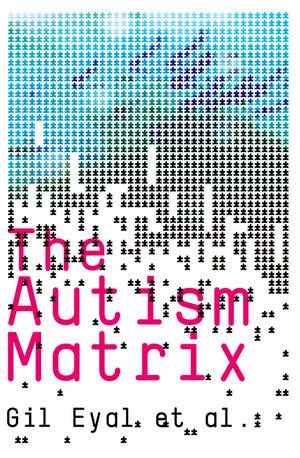The Autism MatrixISBN: 978-0-7456-4399-1
Hardcover
240 pages
July 2010, Polity
 This is a Print-on-Demand title. It will be printed specifically to fill your order. Please allow an additional 10-15 days delivery time. The book is not returnable.
Other Available Formats: Paperback
|
||||||
Times Higher Education
"Gil Eyal and colleagues, five sociologists from Columbia
University, have brought a fresh perspective from a different
discipline to try to explain autism's expansion in prevalence and
popularity...Overall I found much to admire in this detailed
study."
British Medical Journal
"This is a very useful book for those interested in autism and
the role of parent movements and activists, and more generally in
the social factors affecting changes in the classification of
diseases."
Sociology of Health and Illness
"The development of the autistic spectrum is laid bare as a
cultural construct still in evolutionary process, and the
elucidation of this morphing phenomenon is the crowning achievement
of this book."
The
Kelvingrove Review
"Autism, rare and little publicized twenty years ago, is now
constantly in the news and is absorbing ever larger sums of public
funding and concern. It has changed school classrooms and perhaps
the very nature of childhood. This book is the best available
sociological analysis of how this happened, linking recent events
to those early in the twentieth century. It tells of the formidable
labour of autism activists, their dreams and schisms, with
generosity and insight. Institutions, the ideals of the family and
its management, and child minding, all play their role. This is a
reflective analysis of a pervasive event of our times, replacing
clichés by new ideas."
Ian Hacking, Collège de France
"The Autism Matrix is an exemplary exercise in historically
informed medical anthropology and sociology. This richly argued,
engaging, and well-researched book begins with the basic question
of why autism diagnoses have increased in recent years and then
offers a wealth of cascading implications. The authors succeed in
showing that the simplistic question of 'epidemic or not?' is
unproductive in comparison to the more intellectually fruitful
question of how institutional matrices identify, name, count, and
treat neuropsychiatric difference."
Roy Richard Grinker, Ph.D. Professor of Anthropology, The George
Washington University,and author of Unstrange Minds: Remapping
the World of Autism



